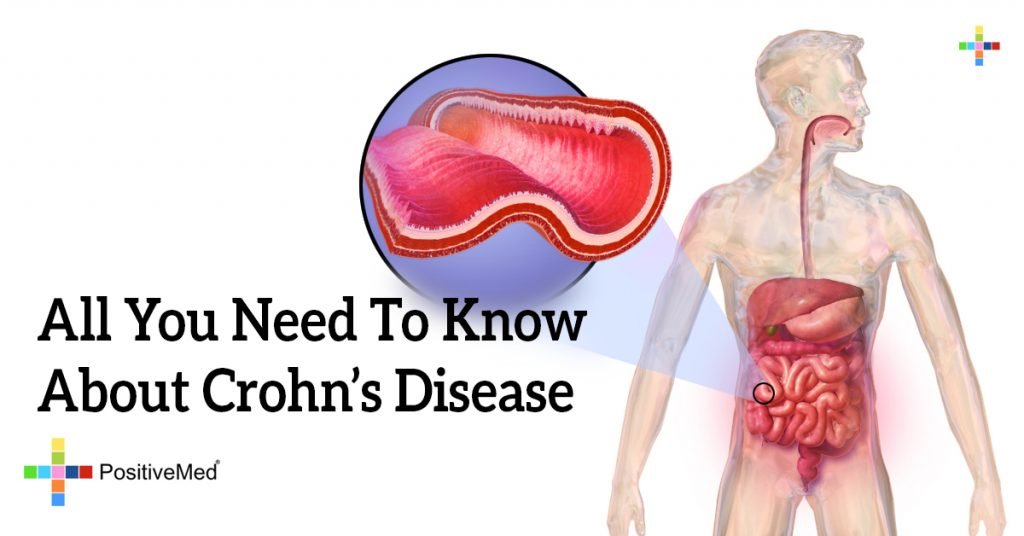
Facts About Crohn’s Disease
Crohn’s disease is a disease that causes inflammation, irritation, and swelling on any part of the digestive tract, also known as gastrointestinal (GI) tract. The end of the small intestine, ileum, and large intestine, colon, are the parts most affected. The GI tract is a series of hollow organs joined in a long twisting tube connecting the mouth to the anus. The movement of muscles in GI tract helps in the digestion of food along with production of hormones and enzymes.
Experts are not sure of the cause of Crohn’s disease. Some theories of causation exist, it is twice as common in smokers than non-smokers. Researchers believe it is the result of abnormal reactions of our immune system. Usually our immune system protects our body from infection by destroying bacteria, viruses, and other harmful foreign parties, but with Crohn’s, our immune system attacks the bacteria, foods, and other substances that are beneficial.
While this process takes place, white blood cells start accumulating in the intestinal lining, causing chronic inflammation that results in ulcers, injury, or sores. Researchers have also found that in those with Crohn’s there are high levels of a protein produced by our immune system for unknown reasons. Research shows there are several factors associated with Crohn’s such as genetics, the environment, and a person’s immune system.
People with Crohn’s disease experience periods of severe symptoms followed by periods of remission that can last weeks or even years. The symptoms usually depend on the part where it occurs and its severity.

General symptoms include:
- Chronic diarrhea – it can contain blood, pus, or mucus
- Fever – including loss of appetite, tiredness, and feeling unwell
- Weight loss – Unintentional weight loss or for no reason. This often happens when people lose their appetite
- Rectal bleeding and anal fissures – This usually occurs when the skin of the anus becomes cracked. It can be painful and may bleed. You may observe skin tags around your anus.
- Tenderness and abdominal pain – Pain varies depending on where the inflammation is. Usually pain is at the lower-right side of the abdomen because most inflammations is in the ileum.
- Feeling of fullness in the abdomen – This is one of the reasons for losing your appetite.
- Ulcers – An ulcer is a raw area of the lining which can bleed. You may observe blood passing through your stool.
- Anemia – May happen when you lose a lot of blood from too little iron.
- Altered appetite – Often people with this disease have periods of low or no appetite.
Crohn’s disease can affect men and women equally and seems to run in families. People usually have a biological relative, usually brother or sister, with some form of IBD.
It can occur at any age but most often hits from 13-30.
People of Jewish heritage are more prone to this disease. Those who smoke are more likely to get it than those who don’t. Africans have less risk.
Several diagnostic procedures and tests are done to distinguish between Crohn’s disease and other inflammatory gastrointestinal conditions like ulcerative colitis.
At first, your doctor will go through your medical history. A gastroenterologist, who is a specialist, can perform a colonoscopy or sigmoidoscopy to obtain bowel tissue for analysis.

Other tests include:
- Blood tests including blood counts. Usually a high white blood cell count is a sign of inflammation and low red blood cells signal anemia from blood loss.
- Stool samples to rule out other causes of GI disease, such as infection.
- Special X-rays of both upper and lower GI tract to discover the exact location of inflammation.





